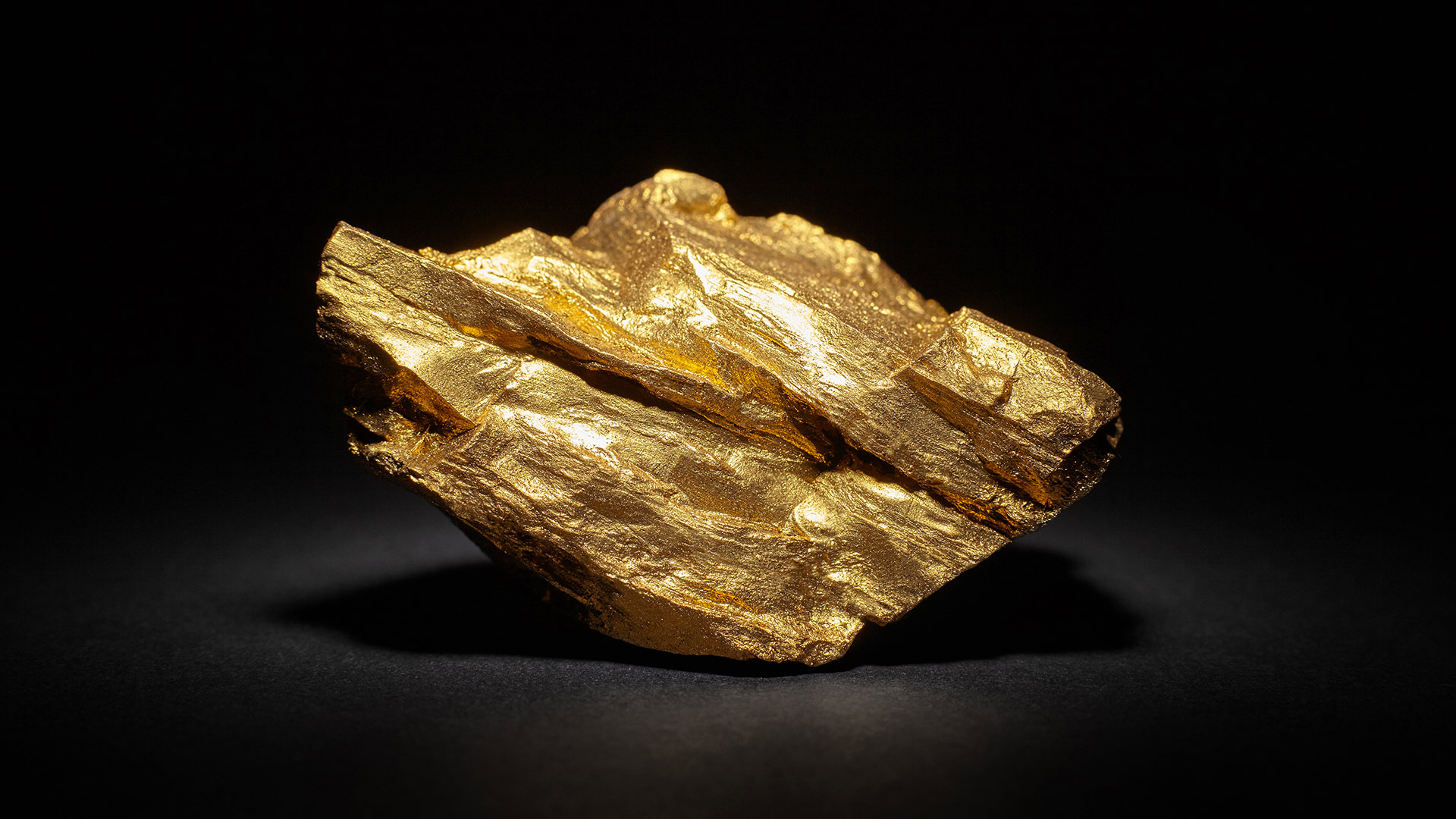The World's Top Gold-Holding Countries

The Significance of Gold Reserves in the Modern World
Gold reserves play a crucial role in bolstering a country's economic resilience and credibility. These reserves serve as a form of insurance against economic downturns, currency fluctuations, and geopolitical instability. Central banks often hold gold reserves as a means of diversifying their assets and maintaining confidence in their monetary policies. Additionally, gold reserves can enhance a country's creditworthiness and provide a financial buffer in times of crisis.
The Top Gold-Holding Nations: Who Leads the Pack?
The United States leads the pack in terms of gold reserves, with the largest stockpile of the precious metal in the world. The U.S. holds a significant portion of its reserves at Fort Knox, a highly secure facility in Kentucky, as well as other locations across the country. Germany follows closely behind, with the second-largest gold reserves globally. Germany's Bundesbank holds the majority of its gold reserves domestically, but it also stores some of its gold in vaults abroad for diversification and security purposes.
The International Monetary Fund (IMF) holds a substantial amount of gold reserves, primarily as a financial asset to support its lending operations and promote global monetary stability. The IMF's gold reserves are held in trust for its member countries and are used to provide liquidity and assist in balance of payments crises.
Italy and France are also significant players in the world of gold reserves, with sizable holdings that contribute to their economic strength and stability. Both countries maintain a portion of their gold reserves domestically, while also holding reserves in international vaults as part of their diversification strategy.
China has been steadily increasing its gold reserves in recent years, aiming to enhance the stability of its currency and reduce its reliance on foreign assets. The Chinese government has been actively encouraging its citizens to invest in gold as a means of preserving wealth and hedging against inflation.
Russia is another key player in the global gold market, with the central bank consistently adding to its gold reserves in recent years. Russia's gold reserves serve as a strategic asset, providing a hedge against economic sanctions and geopolitical risks while bolstering the country's financial stability and sovereignty.
Understanding the Implications: How Gold Reserves Shape Global Economics
The presence of large gold reserves can have far-reaching implications for the global economy. Countries with substantial gold holdings wield considerable influence in international financial markets and monetary policy decisions. The buying and selling of gold reserves can impact gold prices, exchange rates, and investor sentiment worldwide. Additionally, gold reserves can serve as a strategic asset during times of economic uncertainty, providing stability and confidence to investors and central banks alike.
The Role of Gold in Central Bank Strategies
Central banks play a pivotal role in managing a country's gold reserves and formulating monetary policy. Gold holdings are a key component of central bank reserves, alongside foreign currencies and government securities. Central banks may choose to buy or sell gold reserves strategically to achieve various objectives, such as stabilizing the domestic currency, diversifying reserves, or responding to changes in global economic conditions. The decisions made by central banks regarding their gold reserves can have significant implications for the broader economy and financial markets.
Factors Influencing Gold Reserve Accumulation
Several factors drive countries to accumulate gold reserves. Economic stability, geopolitical tensions, and currency devaluation are among the primary motivations behind gold reserve accumulation. Central banks may also increase their gold holdings as a precautionary measure against potential financial crises or as part of a broader strategy to enhance national security and sovereignty. Additionally, gold reserves provide a hedge against inflation and serve as a store of value over the long term, making them an attractive asset for countries seeking to safeguard their wealth.
Challenges and Considerations in Managing Gold Reserves
While gold reserves offer numerous benefits, managing them effectively presents certain challenges. The storage and security of physical gold can be costly and require specialized infrastructure and safeguards. Central banks must also navigate market volatility and fluctuating gold prices, which can impact the value of their reserves. Additionally, central banks must strike a balance between maintaining adequate gold reserves and allocating resources to other priorities, such as economic development, infrastructure, and social welfare programs.
Emerging Trends in Gold Reserve Management
In recent years, there have been several notable trends in gold reserve management. Some countries have increased their gold purchases as part of efforts to diversify their reserves and reduce reliance on traditional reserve currencies. Others have repatriated their gold reserves from foreign vaults to assert greater control over their assets and mitigate geopolitical risks. Additionally, the rise of digital gold and gold-backed cryptocurrencies has introduced new avenues for investing in gold and managing reserves in the digital age.
The Future Outlook: What Lies Ahead for Gold-Holding Countries
Looking ahead, the role of gold reserves in shaping the global economy is likely to remain significant. Economic uncertainty, geopolitical tensions, and technological advancements will continue to influence the demand for and management of gold reserves. As countries navigate an increasingly complex and interconnected world, gold reserves will remain a valuable asset for safeguarding wealth, preserving financial stability, and asserting economic sovereignty.
The Enduring Importance of Gold Reserves
In conclusion, gold reserves are a cornerstone of economic strength and stability, providing countries with a financial buffer against uncertainty and adversity. The countries with the largest gold reserves wield considerable influence in the global economy and play a critical role in shaping monetary policy and financial markets. As the world continues to evolve, the importance of gold reserves as a symbol of wealth, power, and security will endure, ensuring that gold remains a timeless and indispensable asset for nations around the globe.
